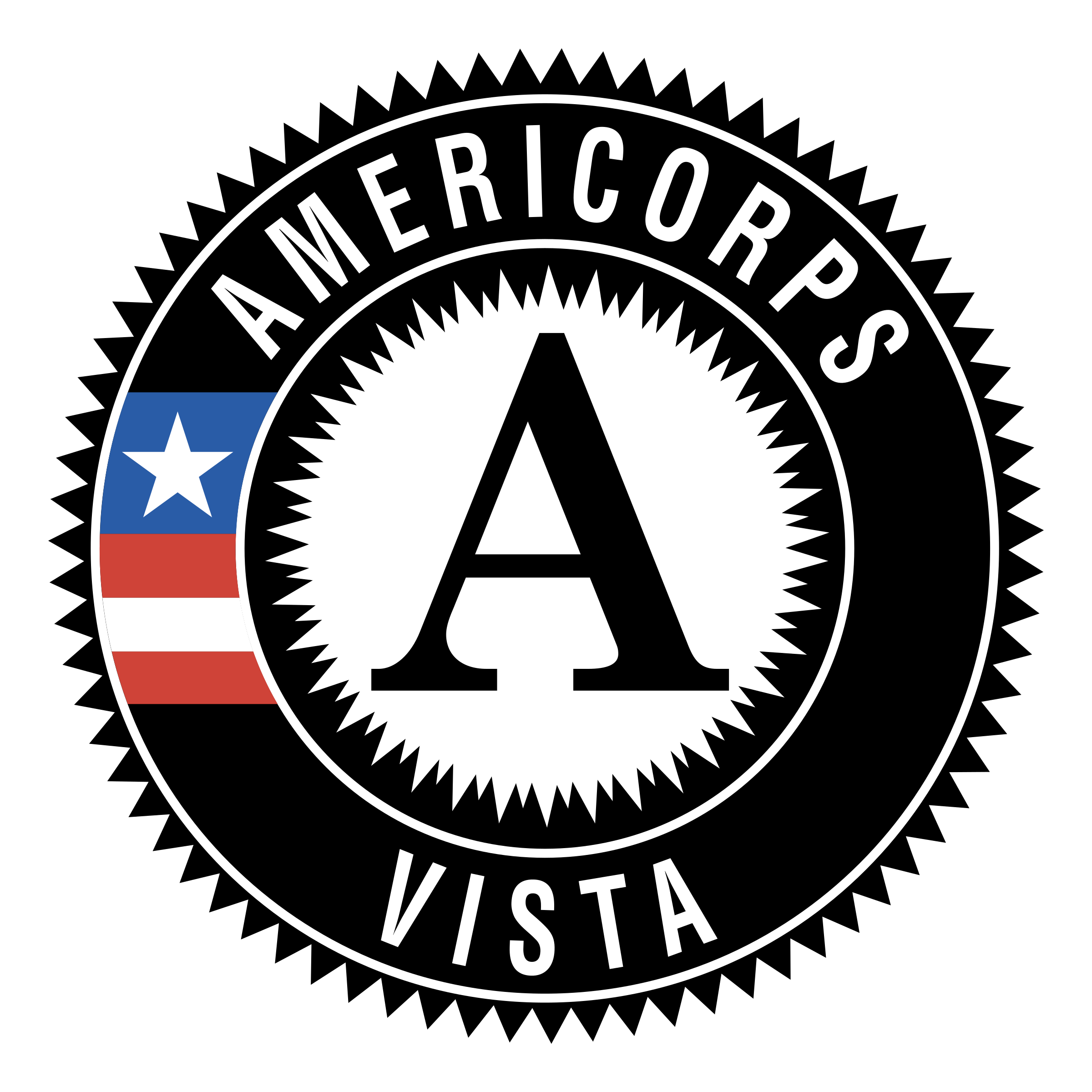
Post-secondary education has been a marker for traditional “success” in America for centuries, and the impacts are significant and measurable. Earning a college degree, on average, leads to higher rates of employment and about $1 million in additional income over a person’s lifetime. Not only is a college degree a predictor for better financial outcomes, it also greatly impacts one’s social skills and development, as colleges and universities are hubs for social interaction, diversity, and, often, a young adult’s first taste of independence.
However, this crucial step on the journey to independence is unattainable for most young adults with a history of foster care. Youth aging out of foster care are facing “two simultaneous transitions – one from the care, protection, and supervision of the child welfare system to a position of autonomy and responsibility, and the second from childhood to adulthood” (Goodkind, Schelbe, and Shook 2011). Despite around 63% of this population wanting to earn a degree, only about 2-4% reach that goal due to a lack of support and resources that would traditionally come from parents (Morton 2011). In the last decade, there has been a conscious effort to invest in the future for these young adults who are under the care of the state, including extending foster care to age 21. According to the National Conference of State Legislators (NCSL), young adults who participate in extended care are twice as likely to complete at least a year of college and the percent of this population that earn a degree doubled. Even without earning a degree, young adults in extended care earn an estimated $72,000 more over their lifetime than those who age out at 18 (NCSL).
Meaningful employment and livable income are crucial to independence, but they are not the only benefit of earning a college degree. Attending college opens young adults up to a new network of resources and support. Many colleges, including local schools like Mt. SAC and the University of La Verne, have programs specifically set up for foster youth to address their specific needs. Through college, young adults can create friendships, connect with mentors, and receive services like counseling and tutoring to support their journey to independence.
To reduce barriers to post-secondary education for all transitional age youth, California has introduced AB 775 in their 2021-2022 state budget, allocating $30 million for California Community Colleges to implement Basic Need Centers with Basic Needs Coordinators on their campuses. If passed, all students who struggle to meet their basic needs will have one location where they can be provided with resources and services like mental health support, CalFresh benefits, housing coordination, and linkages to additional community resources.
The COMPASS Training Program (CTP) was developed to support young adults both in the workforce and in school, depending on what they choose to pursue. The young adults that choose to attend college receive individualized help from the Employment and Education Specialist to focus on their goals. In the CTP, young adults can find out what programs are available at schools they would like to attend, get help with applications, assistance with financial aid, and tutoring resources once attending school. A huge benefit to the CTP is the monetary compensation provided to students in the program. This allows students to be able to focus on their education without having the added stress of worrying about paying rent or buying groceries.
You can support transitional aged youth attending college by donated directly to COMPASS Programs! Check out our tiered donation system to find out how you can contribute to a young adult’s independence by providing funding for scholarships and school supplies that are not covered through financial aid!








